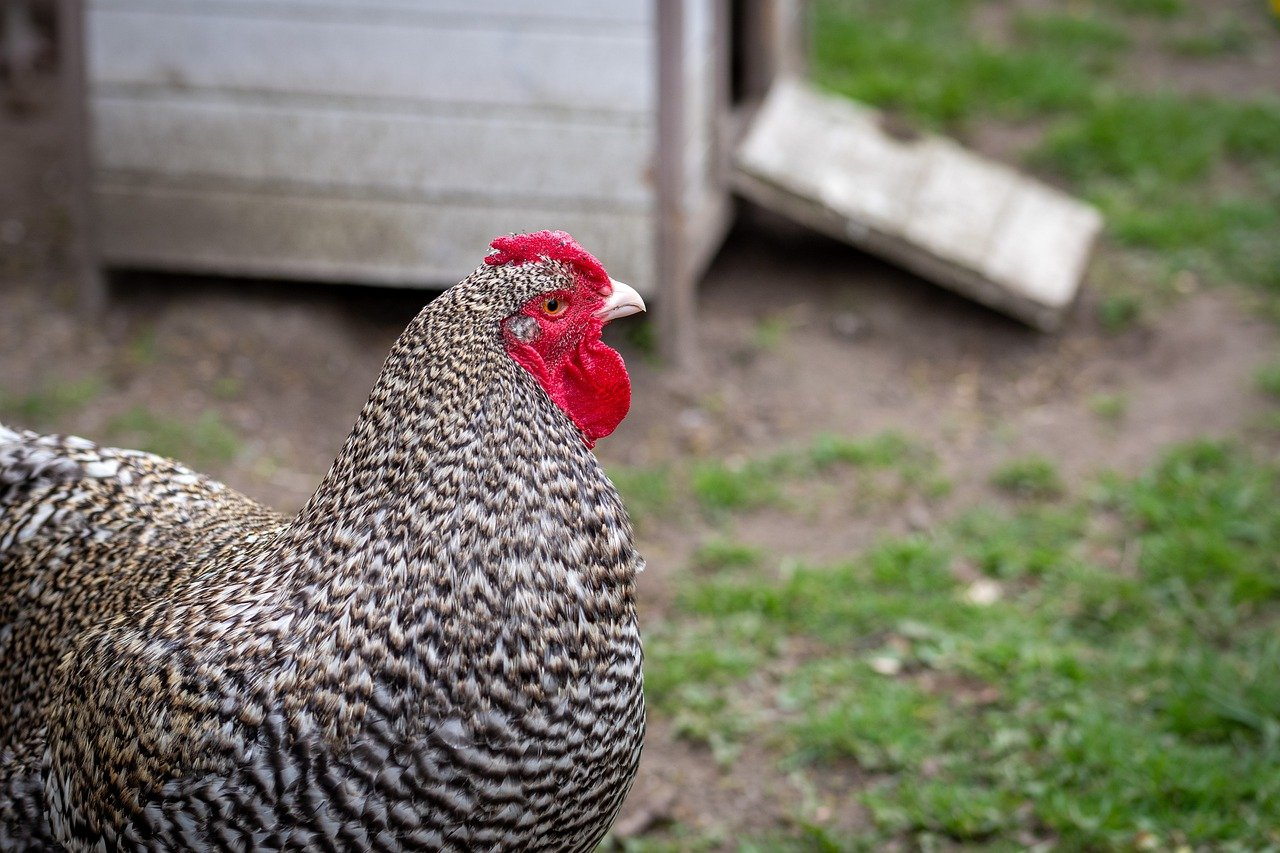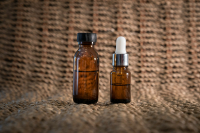The Importance of Vitamins in Chicken Health
Vitamins are vital for numerous physiological functions in chickens, including growth, immune response, and reproduction. Although needed in small quantities, their impact is significant. Deficiencies in essential vitamins can lead to health problems, reduced egg production, and increased vulnerability to diseases. Ensuring your chickens receive a balanced diet rich in these nutrients is key to their overall well-being.
Learn about BioPoint (https://biopoint.eu/product-line/poultry/vitamin-and-mineral-supplementation/)’s commitment to animal welfare.
Key Vitamins for Flock Health
When selecting vitamins, focus on those that meet the specific needs of your chickens. Vitamin A is essential for healthy vision, skin, and immune function. A deficiency can cause respiratory problems and stunted growth, especially in chicks. Vitamin D3 is crucial for calcium absorption, which directly affects bone health and eggshell quality in laying hens. Without enough vitamin D3, hens may develop weak bones and produce poor-quality eggs.
Vitamin E, an antioxidant, protects cells from damage and supports the immune system. It also plays a role in reproductive health, making it important for breeding birds. B vitamins, such as B1 (thiamine), B2 (riboflavin), and B12, are vital for energy metabolism and nervous system health. These vitamins ensure that chickens grow well, stay active, and maintain high egg production.
Selecting the Right Vitamin Supplements
Choosing the right supplements involves understanding your flock’s specific needs, including age and production stage. Young chicks require more vitamins to support rapid growth, while laying hens need nutrients that enhance egg production. Supplements come in various forms, such as water-soluble options that can be added to drinking water or feed-based supplements that ensure consistent intake.
Quality is crucial when selecting supplements. Choose products from reputable sources and follow the recommended dosages carefully to avoid over-supplementation, which can lead to health problems. Consulting with a poultry nutritionist can help you determine the best supplementation strategy tailored to your flock’s needs.
Natural Sources of Vitamins
Incorporating natural sources of vitamins into your flock’s diet can enhance their health. Fresh greens like kale and spinach are rich in vitamins A and E, while allowing chickens to forage provides them with natural nutrients. Sunlight exposure helps chickens synthesize vitamin D3 naturally, crucial for bone health and egg production.
A diet that includes both natural sources and high-quality supplements ensures that your chickens receive a well-rounded intake of essential vitamins. This balanced approach supports not only their health but also improves the quality of eggs and meat produced.
Monitoring and Adjusting Vitamin Intake
Regular monitoring of your flock’s health is essential to ensure they are receiving adequate vitamins. Look for signs of deficiencies, such as poor feathering, reduced egg production, or lethargy. These symptoms may indicate that adjustments to their diet are needed.
Routine health checks and observation of your flock’s behavior can help detect potential issues early. If deficiencies are suspected, increase vitamin supplementation or introduce more natural sources into their diet. Regular consultation with a poultry expert can further refine your feeding practices to better meet your flock’s needs.
Choosing the best vitamins for chickens is essential for their health, immunity, and productivity. By understanding the role of key vitamins, selecting quality supplements, incorporating natural sources, and regularly monitoring your flock, you can provide your chickens with the nutrients they need to thrive. A well-balanced diet tailored to your flock’s specific needs is the foundation of a successful and healthy poultry operation.






